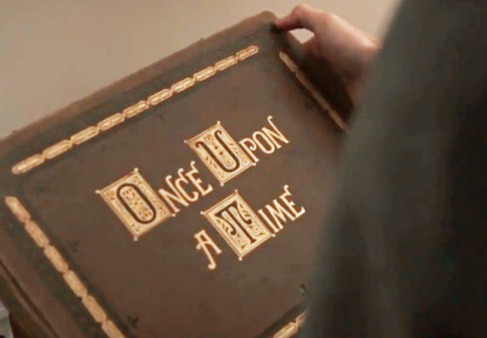Our current notion of fairy-tales leaves us believing that children are the target audience for such stories. This is only further reinforced by the popularity of Disney movies and Pixar productions that truly do target a childhood audience. However, in Tolkien’s essay “On Fairy-Stories,” he argues that while some children may find a deep love in fantasy, they are not necessarily the target audience.
There is a belief that children have a natural mind for the imaginary. Adults treat them as a slightly different species, small and immature, less evolved versions of adults. Their innocence and gullibility to believe the creations of the fantastical is what leads many to accept children as the proper receptacles of fairy-stories. Tolkien believes this to be false. He argues that children are instead capable of literary belief, meaning they are able to believe the context of the story. Children have the ability to believe the laws that the sub-creator constructs his Secondary World by. Children are less likely to need a willful suspension of belief to accept the constraints of the tale.
Lately fairy-tales have become bowdlerized. Tales have been adapted to more properly fit adult notions of what the child’s mind is capable of handling. Changing stories to make them more appropriate for children, when children do not actually need this type of censoring, has justified the transition of fairy-tales from Grimm to Disney. However, if these Disney movies are solely for the minds of children, why do adults enjoy them? Fairy-stories are not just for children, they are for an audience capable of coming to the story with child-like humility and innocence.
Today’s society has seen a spiked interest in the original fairy-stories. The dark fantasy with which these tales were first written is now appealing to an adult audience. NBC’s Once Upon a Time, began their tale with only a child believing in a true Secondary World. This child’s strong belief and open mind eventually convinces the rest of the cast of their true identities and the validity of another land. Culture’s obsession with the recreation of fairy-stories has led to much more material such as Grimm, Snow White and the Huntsman, Hansel and Gretel, and another recreation of Oz. It may not be easy to understand a sudden adulthood attraction to fantasy, but considering the nature of these new tales, I will leave you with this to ponder as you will:
“[Children] are innocent and love justice; while most of us are wicked and naturally prefer mercy.” ~Andrew Lang

